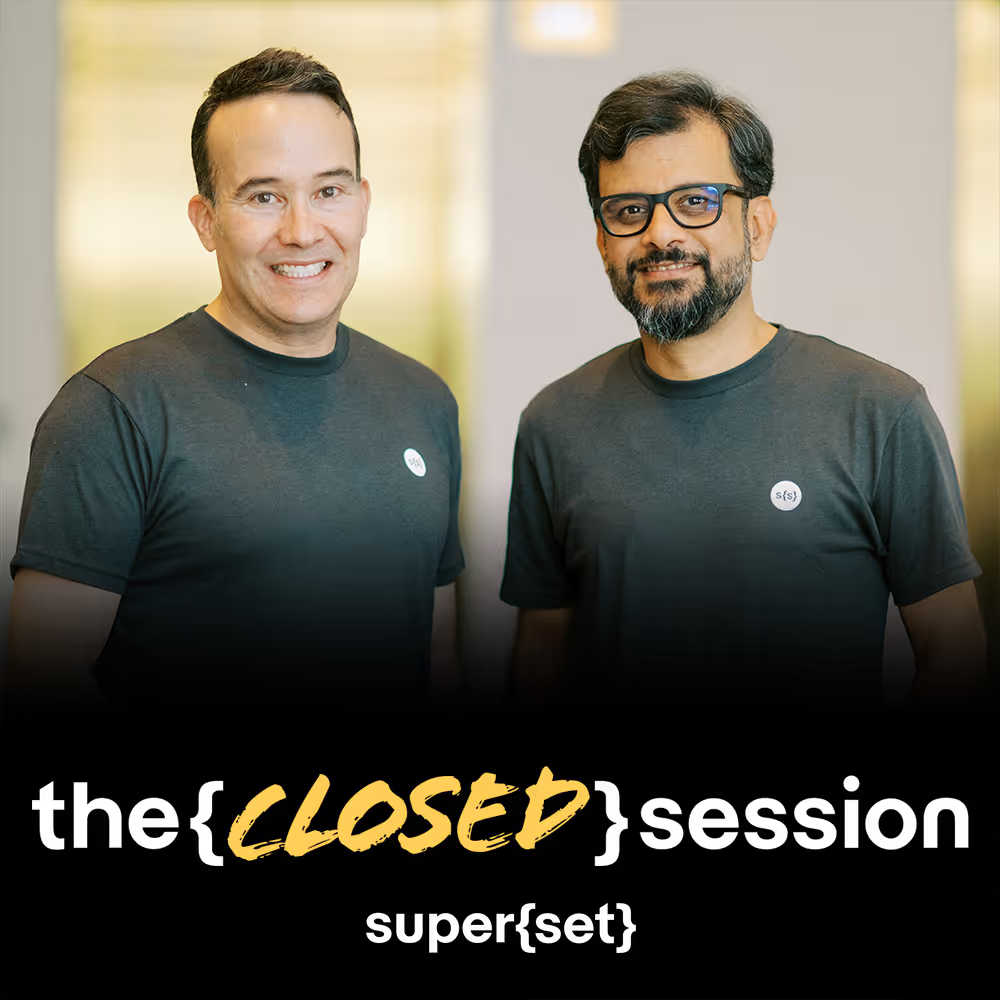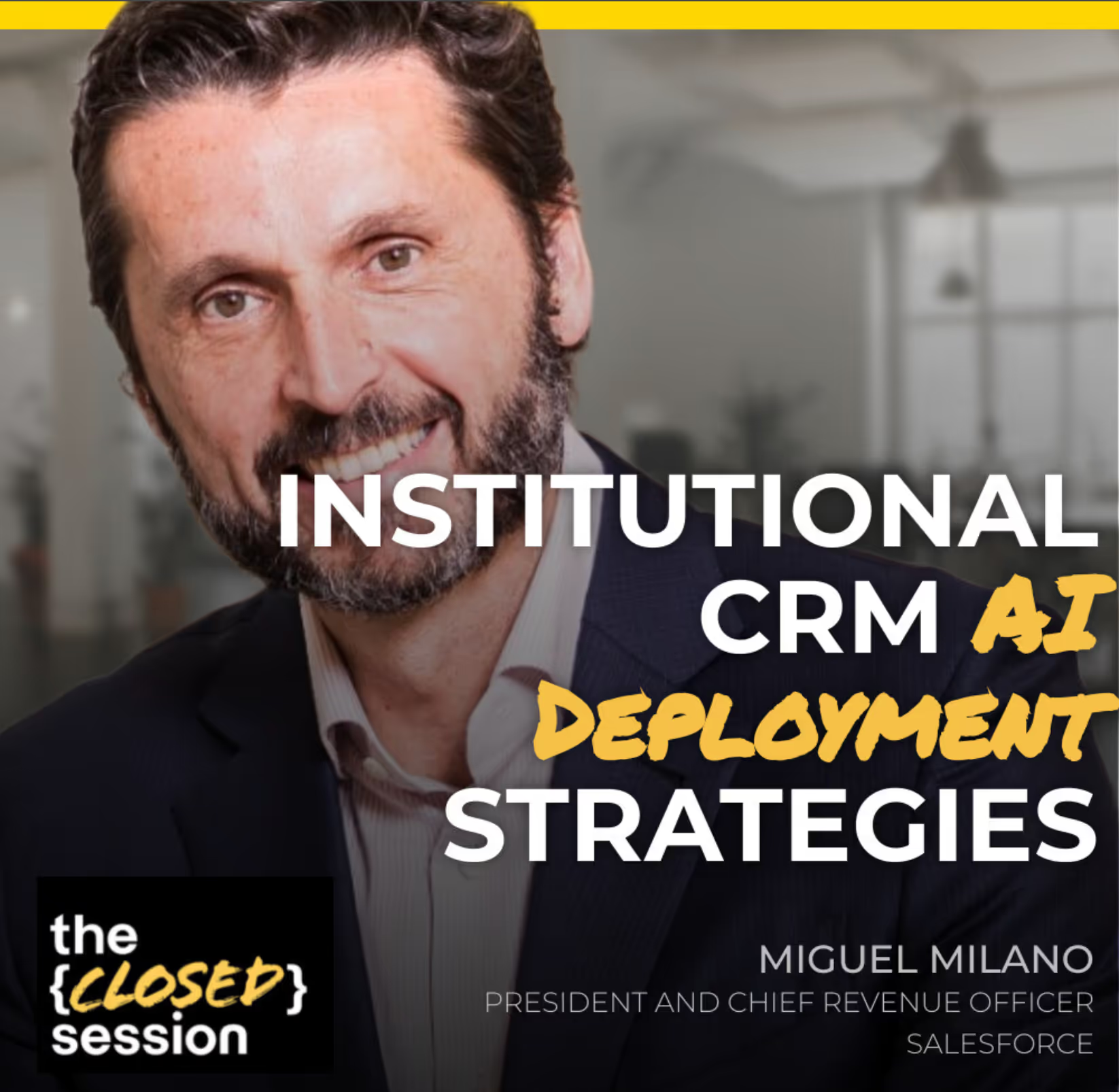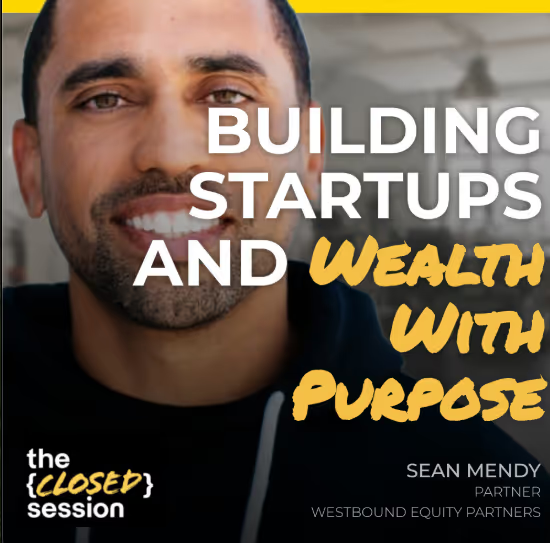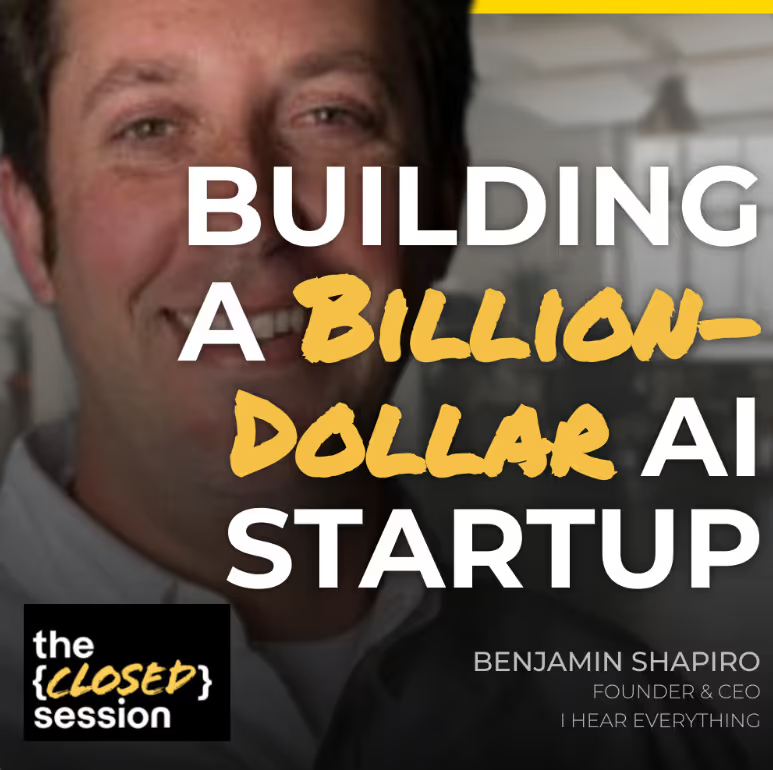
Startup Boards 101
What does a startup’s board do? Who is on the board? What happens at a quarterly board meeting? What should the board meeting deck look like? How does the conversation change as a company grows from the seed stage to the later stage? How do you get the most out of your board? What is a “closed session” anyways?
As serial founders, we’ve seen a lot of board meetings.Tom has even been in board meetings where the board has referred to him in the third person, in reference to how great his replacement was going to be! Not a great time (side note: Tom narrowly avoided dismissal - nobody else was crazy enough to take the job of CEO).
A board isn’t a thing to be managed, but it also isn’t an opportunity to be “your authentic self.” Founders must thread the needle and effuse optimism while also seeing things as they truly are. Speak plainly - don’t treat your board like mushrooms and only feed them in the dark.
At super{set}, we build trust with our CEOs and co-founders to a degree not typically seen on company boards. We’re intentional about when we put on our hats as fiduciaries, and when we take them off to put on our hats as friends. We aim to show up with the context and calm that only comes from being operators and founders who have been in the same shoes as our leadership teams.
Tech, startups & the big picture
Subscribe for sharp takes on innovation, markets, and the forces shaping our future.
More Episodes
Explore additional conversations with entrepreneurs, investors, and leaders shaping the future of tech and business.




